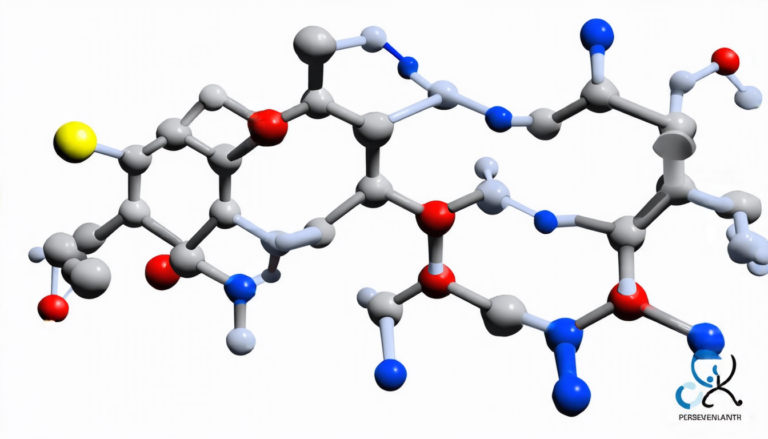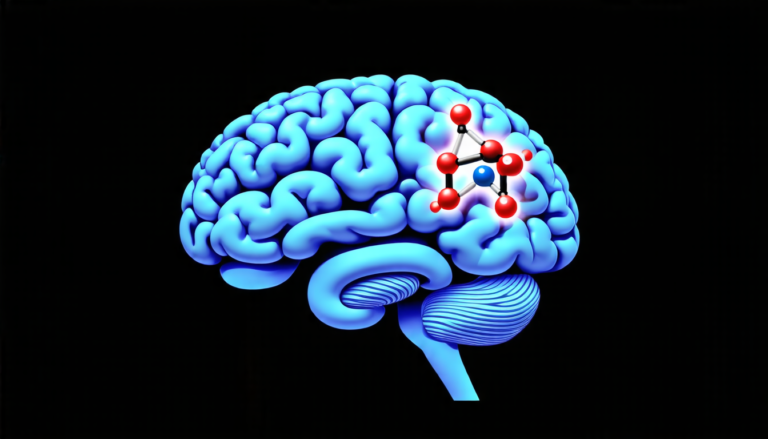Wednesday 16 April 2025
A team of researchers has made a significant breakthrough in understanding how traditional Chinese medicine, specifically Jinhong tablets, interact with the human body. By studying the pharmacokinetics – the movement and processing of medications within the body – of these tablets, scientists have shed light on their potential benefits for treating chronic superficial gastritis.
Jinhong tablets are a popular remedy in China for digestive issues, but despite their widespread use, little was known about how they worked or what compounds were responsible for their effects. To address this knowledge gap, researchers from Tsinghua University and Jiangsu Kanion Pharmaceutical Co., Ltd. conducted a comprehensive study on the pharmacokinetic characteristics of Jinhong tablets.
The team used advanced techniques such as ultra-performance liquid chromatography-tandem mass spectrometry (UPLC-MS/MS) to analyze the plasma concentrations of seven active ingredients in rats after oral administration of the tablets. They found that four main compounds – tetrahydropalmatine, corydaline, costunolide, and rhamnosylvitexin – were rapidly absorbed into the bloodstream and exhibited linear pharmacokinetics within specific dosage ranges.
The researchers also observed significant differences in the pharmacokinetic profiles of these compounds between normal rats and those with chronic superficial gastritis. This suggests that Jinhong tablets may be more effective at treating this condition due to their ability to target specific biochemical pathways involved in gastric disease.
Furthermore, the study revealed that changes in the gut microbiome, a community of microorganisms living within the digestive system, played a crucial role in modulating the pharmacokinetics of Jinhong tablets. This finding has significant implications for the development of personalized treatments tailored to an individual’s unique gut flora.
The researchers believe that their findings can contribute to the creation of more effective and targeted traditional Chinese medicine therapies. By better understanding how these compounds interact with the body, scientists can develop new formulations or dosing regimens that take into account an individual’s specific needs and characteristics.
This study not only sheds light on the potential benefits of Jinhong tablets but also highlights the importance of integrating traditional Chinese medicine with modern scientific techniques. As researchers continue to explore the complexities of these ancient remedies, we may uncover new ways to harness their therapeutic potential for a range of diseases and disorders.
Cite this article: “Unlocking the Secrets of Traditional Chinese Medicine: A Network Pharmacology Approach to Understanding Jinhong Tablets Efficacy in Chronic Gastritis Treatment”, The Science Archive, 2025.
Traditional Chinese Medicine, Jinhong Tablets, Pharmacokinetics, Chronic Superficial Gastritis, Tetrahydropalmatine, Corydaline, Costunolide, Rhamnosylvitexin, Gut Microbiome, Personalized







